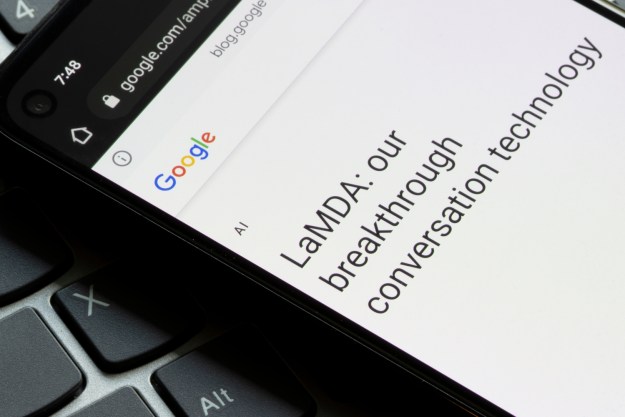Google has called off its proposed search advertising deal with Yahoo, citing opposition from both the broader online advertising industry as well as antitrust regulators.
"After four months of review, including discussions of various possible changes to the agreement, it’s clear that government regulators and some advertisers continue to have concerns about the agreement," wrote Google’s chief legal officer David Drummond in the company blog. "Pressing ahead risked not only a protracted legal battle but also damage to relationships with valued partners. That wouldn’t have been in the long-term interests of Google or our users, so we have decided to end the agreement."
Google and Yahoo originally announced their plans to partner up on search advertising back in June, outlining a deal that would give Google a non-exclusive arrangement to sell advertising on Yahoo’s search results pages. Google is already the dominant player in search advertising, and the deal immediately raised concerns that Google would gain even more influence in the industry, and that the deal would lead to higher overall ad prices. Yahoo, conversely, was counting on the deal as a much-needed source of revenue as the company tries to recover from a near-disastrous brush with a Microsoft takeover, a flagging stock price, layoffs, and a significant exodus of top-level executives and managers. Yahoo was hoping to pull in as much as $800 million a year from the Google partnership.
Yahoo and Google had recently proposed a scaled-back version of the search advertising partnership the companies hoped would gain the approval of antitrust regulators. Google’s termination of the deal came on an indication from the Department of Justice that even the revised partnership would not get approval.
Yahoo is trying to put the most positive spin possible on its search business, noting that it has been optimizing its algorithmic and sponsored search, and its revenue per search increase in the United States during its third fiscal quarter. "This deal was incremental to Yahoo’s product roadmap and does not change Yahoo!’s commitment to innovation and growth in search," the company wrote in a release. "Going forward, Yahoo plans to continue to provide the cutting-edge advances in products, platforms, and services that the industry needs and expects, and intends to be the destination of choice for advertisers and publishers who want to reach one of the largest and most engaged populations of consumers on the Web."
Editors' Recommendations
- Best Buy’s deal of the day is $150 off the MacBook Air M2
- Reddit seals $60M deal with Google to boost AI tools, report claims
- Fake AI images are showing up in Google search — and it’s a problem
- Malware is spreading through Google Bard ads — here’s how to avoid them
- How to use Google SGE — try out the search generative experience for yourself


